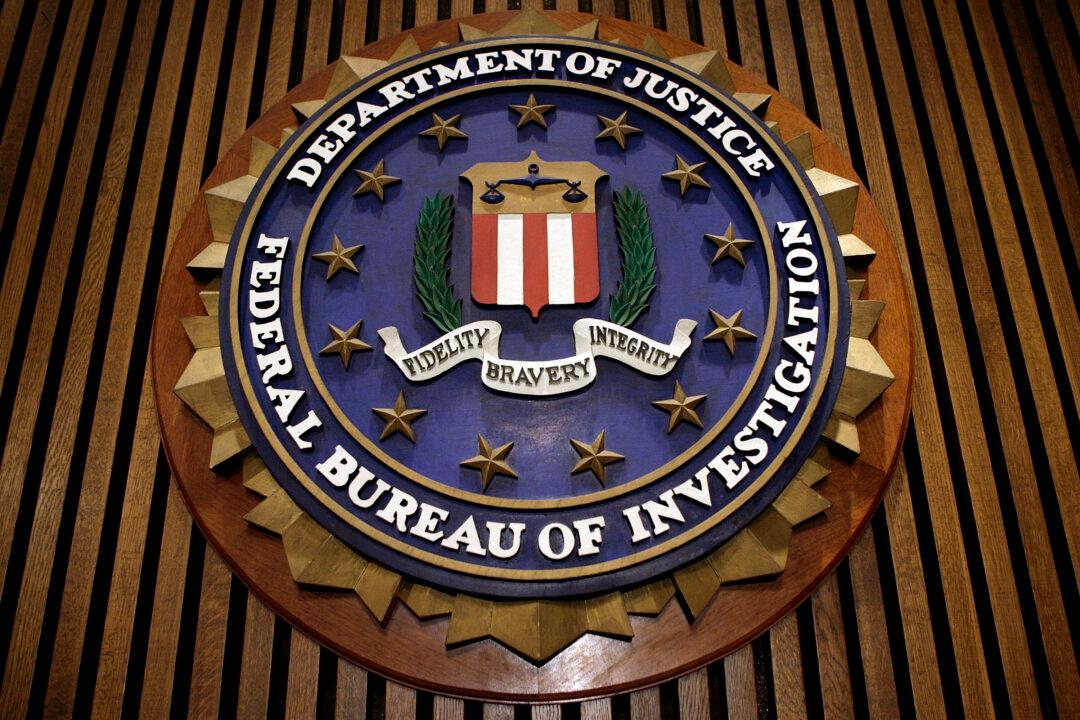A verified U.S. State Department account got caught up in a Ukrainian intelligence service’s efforts to suppress alleged Russian disinformation on social media, according to a new report (pdf) by the House Subcommittee on the Weaponization of the Federal Government.
According to the new committee report, the Security Service of Ukraine (SBU) forwarded to the FBI lists of social media accounts it said had “spread Russian disinformation.” The Ukrainian intelligence service asked the FBI to pass along these lists of social media accounts to their contacts with big tech companies in Silicon Valley, and, according to the House report, the FBI complied.





